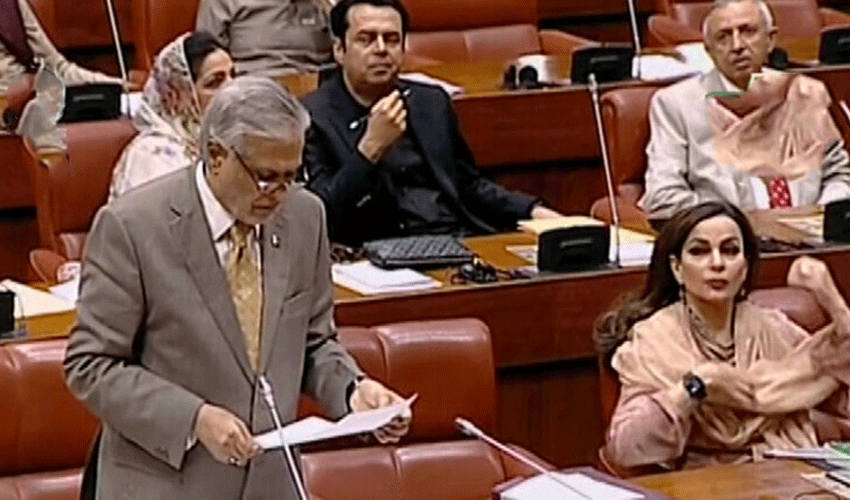Tensions between Pakistan and India have taken a toll on Indian aviation as Pakistan closed its airspace to Indian airlines, causing chaos for over 60 flights within just 16 hours and forcing costly reroutes that have led to losses running into millions of rupees.
According to aviation sources, the unexpected closure has impacted four major Indian airlines — Air India, IndiGo, SpiceJet, and Akasa Air — with several international routes now requiring up to two extra hours of flying time, increased fuel consumption, and last-minute diversions to alternative airports.
Flights rerouted, cancelled, and delayed
In one of the most notable incidents, the Indian vice president's special flight to Italy had to take a detour that added an extra 90 minutes to its journey. Meanwhile, another VIP flight carrying the Indian vice president was delayed en route to Italy from New Delhi due to the new flight paths.
Numerous long-haul flights from Toronto, New York, London, Birmingham, Frankfurt, Paris, and Dubai to New Delhi and other Indian cities faced delays and diversions. For example:
-
Air India’s Toronto-Delhi AI-190 flight was diverted to Denmark.
-
IndiGo’s Delhi-Tbilisi flight (6E 1807) landed unexpectedly in Ahmedabad.
-
Two IndiGo flights (6E 1801 and 6E 1805) to Almaty and Tashkent were cancelled.
-
SpiceJet's Dubai-Amritsar flight (SG 56) was delayed by over 2.5 hours.
In total, over 300 flights a week are expected to be impacted at Delhi airport alone, one of the busiest in the region.
Financial fallout: Billions in losses expected
Airlines are now bracing for a sharp rise in operational costs, with additional fuel expenses, longer flight durations, and altered cargo loads. Industry insiders warn that aircraft fuel, which accounts for 30% of airline costs, will now become even more burdensome due to the detours over the Arabian Sea and Central Asia.
The 2019 airspace closure, which lasted nearly five months, reportedly cost Indian airlines at least $64 million, and this year’s disruption is feared to bring a similar, if not higher, financial blow.
Aviation staff under pressure
Airline operations teams worked late into the night on Thursday to adjust pilot rosters, crew schedules, and flight paths in light of the new restrictions. IndiGo alone stated that about 50 of its international routes may require realignment.
One Indian airline executive, speaking anonymously, said: “We had to re-calculate flying hours and reassign crews on short notice. It’s a logistical nightmare.”
Cause of the closure
The closure came after heightened tensions between the two nuclear-armed neighbours, following a deadly militant attack in Indian-administered Kashmir that killed 26 people in Pahalgam. India has blamed "Pakistani elements" for the attack — a claim Pakistan strongly denies.
In retaliation, India has moved to suspend the Indus Waters Treaty, a historic water-sharing agreement, and tensions have since escalated with a series of retaliatory measures from both sides.
International flights unaffected
Interestingly, the ban only applies to Indian-registered aircraft or those leased to Indian operators. International carriers using Pakistani airspace to travel to India remain unaffected — highlighting the targeted nature of the move.
According to flight monitoring websites like Flightradar24, Indian airlines previously relied heavily on Pakistani airspace for travel to Europe, the Middle East, Central Asia, and North America. Data shows that 139 Indian flights per week to the West typically pass through Pakistani skies.
A CAA spokesperson declined to comment on the airspace closure.



























